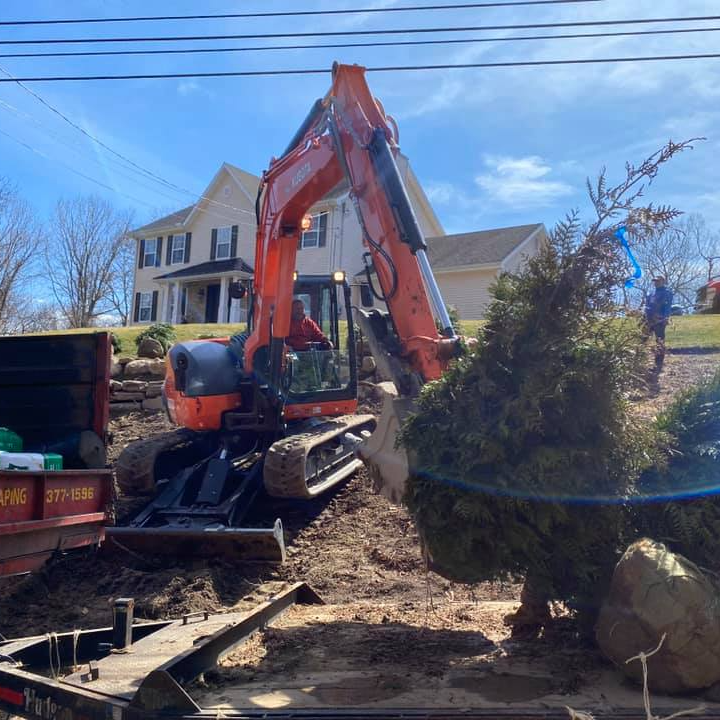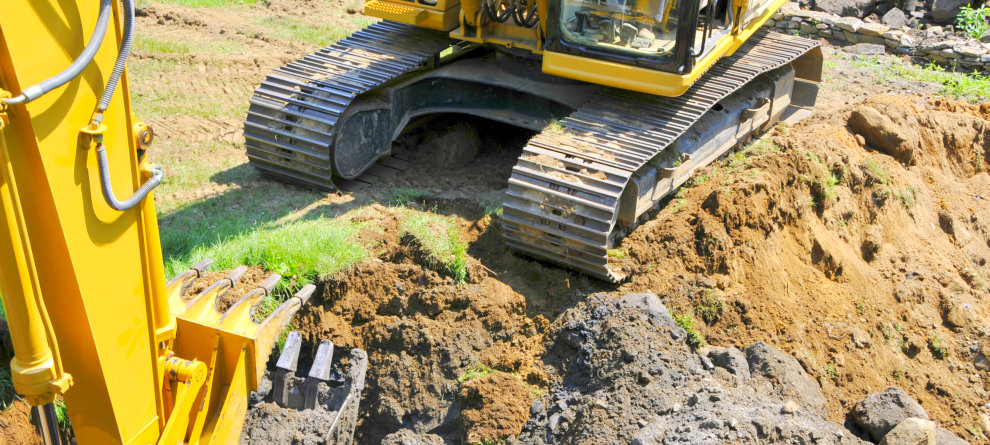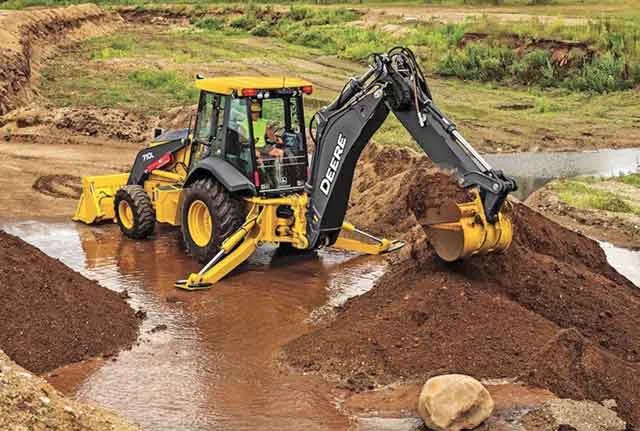Residential Excavating Ohio - Specialized Excavation for Ohio Residences
Residential Excavating Ohio - Specialized Excavation for Ohio Residences
Blog Article
Comprehensive Excavation Techniques: Grasping the Fundamentals for Success
The cautious planning, accurate execution, and precise attention to detail required in excavation projects demand a comprehensive method that includes various fundamental elements. The real proficiency exists not just in comprehending these principles yet in seamlessly incorporating them to browse the intricacies of excavation projects with finesse.
Comprehending Excavation Project Planning

The first stage of any excavation project is the planning phase, where essential choices are made that can substantially influence the end result of the project. Comprehending the task budget plan, scope, and timeline restrictions is important for producing an extensive excavation plan that makes sure the project's success.
One trick element of excavation task planning is the development of a thorough timeline that outlines the series of tasks, due dates, and turning points. This timeline functions as a roadmap for the job team, allowing them to track progress and make needed changes to make certain the task stays on schedule. In addition, a distinct spending plan that represents all expenses, consisting of tools service, labor expenses, and materials, is important for staying clear of cost overruns and delays. By carefully thinking about all these elements during the drawing board, excavation projects can be executed successfully and properly, causing successful end results.
Soil Evaluation and Site Assessment
Performing complete dirt analysis and site examination is an important action in the prep work phase of any type of excavation task. Dirt analysis involves figuring out the composition, structure, and homes of the dirt at the excavation site. This information is vital for comprehending the dirt's bearing capacity, wetness material, and possibility for disintegration, which are vital aspects in figuring out the excavation techniques and equipment needed for the job.
Site assessment goes beyond soil analysis and includes a more comprehensive assessment of the total site conditions. This examination consists of recognizing any type of possible dangers, such as underground utilities, environmental issues, or unstable terrain, that can impact the excavation process. By extensively reviewing the website, task supervisors can create efficient excavation techniques that prioritize safety and security, efficiency, and environmental defense.
Utilizing sophisticated modern technologies like ground-penetrating radar, soil tasting, and drone studies can improve the accuracy and effectiveness of soil evaluation and site evaluation. Spending time and resources in these preliminary actions can eventually save time and avoid costly hold-ups or issues throughout the excavation procedure.
Equipment Option and Use
Efficient excavation projects count greatly on tactical equipment choice and application to ensure ideal efficiency and performance. Picking the best equipment for the task is important in maximizing performance and reducing downtime. Factors such as the sort of soil, depth of excavation, and task scope play a significant function in determining the most ideal devices for the job at hand.

Along with selecting the suitable tools, correct utilization is essential to task success. Operators must be trained to take care of the tools securely and successfully - septic ohio. Normal upkeep checks and timely repairs help prevent breakdowns and ensure regular efficiency throughout the project
Safety Measures and Rules Conformity
In the world of excavation tasks, focusing on precaution and compliance with laws is vital to guaranteeing a safe and lawfully sound operational atmosphere. Precaution incorporate a variety of practices, consisting of conducting comprehensive site analyses, applying appropriate signage and obstacles, and supplying ample safety and security training for all employees involved in the excavation procedure. Adherence to laws, such as OSHA requirements in the USA, makes sure that the excavation job meets the necessary criteria to safeguard employees, spectators, and the surrounding environment.

Surveillance Development and Adjusting Approaches
Exactly how can project managers successfully track the development of excavation jobs and adjust their strategies appropriately to enhance end results? Tracking progress is crucial for making sure that excavation projects stay on track and satisfy deadlines. Task managers can use different devices and strategies to track progress, such as everyday development reports, normal site evaluations, and progressed tracking innovations like drones and general practitioners tracking systems. By continually keeping track of the project's development, supervisors can recognize any type of possible hold-ups or concerns at an early stage and take positive actions to address them.

Verdict
Finally, mastering the principles of detailed excavation techniques is crucial for the success of any kind of job. By understanding task planning, assessing soil and website conditions, selecting ideal devices, complying with safety and security guidelines, and keeping track of progression, job managers can guarantee a smooth and reliable excavation procedure. Executing these approaches will certainly result in successful outcomes and reduce potential risks or problems during the excavation project.
The initial stage of any excavation task is the planning phase, where vital choices are made that can significantly influence the end result of the project. Understanding the task extent, budget, and timeline constraints is essential for developing a comprehensive excavation strategy that makes sure the task's success.
How can forecast supervisors properly track the innovation of excavation jobs and adjust their approaches accordingly to maximize outcomes? By closely checking progression and being willing to adapt methods, task supervisors can boost the total success of excavation tasks.
By understanding task check my site planning, evaluating soil and site conditions, picking appropriate tools, complying with safety and security regulations, and monitoring progression, task supervisors can ensure a smooth and efficient excavation procedure.
Report this page